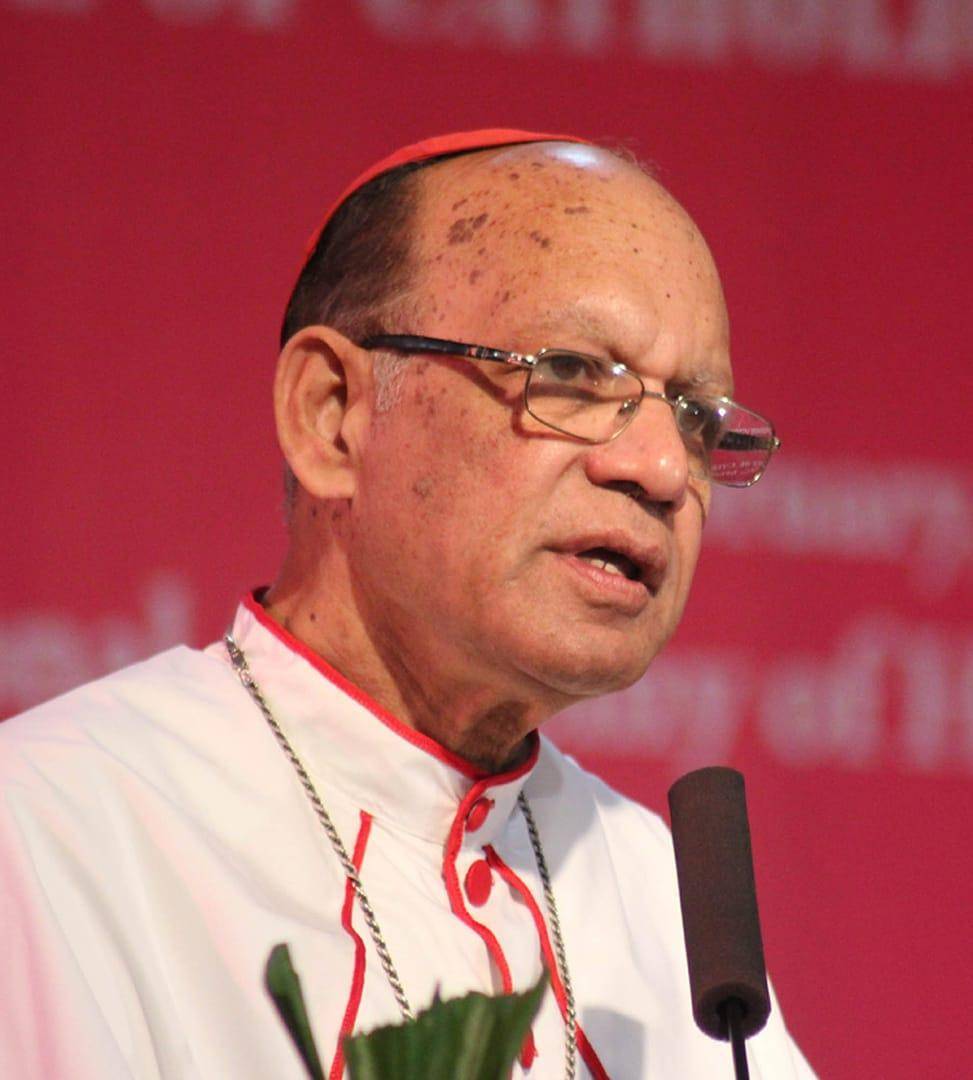Poverty Permeates Rich State: Indian Archbishops Speaks Out on World Day of Poor

MUMBAI, India – In a stark reminder of the stark contrasts within one of India's wealthiest states, an archbishop from Jharkhand yesterday highlighted the plight of its impoverished citizens during the World Day of the Poor.
Archbishop Vincent Aind of Ranchi, which is rich in minerals and forest but home to some of the region's poorest communities, said that many people are struggling with poverty "in every sense of the word". This includes those without access to basic resources, lacking courage to innovate or try new things, as well as those who have lost touch with their spiritual roots.
According to Aind, Jharkhand is a state that boasts an abundance of natural wealth but also faces significant social and economic challenges. "The Archdiocese of Ranchi covers an area which is rich in minerals and forest, among other things," he said. "But many people living here are poor".
Aind's comments coincide with the World Day of the Poor, a global initiative that seeks to raise awareness about poverty and promote advocacy for those affected by it. The day was instituted by Pope Francis after the Jubilee Year of Mercy, and is marked each year on November 17.
The archbishop emphasized the importance of focusing on those who are "poor in every sense". These include the destitute without resources, those lacking motivation or courage to try new things, as well as those who have lost touch with their spiritual roots. He also highlighted the struggles faced by India's indigenous Tribals and other marginalized communities.
"Tribals don't have proper proof of identity, which makes it difficult for them to access basic services like education and healthcare," Aind said specifically about the community in his state. "We must wake up and take action to support these communities".
India is home to a disproportionate share of its Christian population, with roughly 28 million people identifying as Tribals or Dalits. Both groups often see Christianity as a source of empowerment and social transformation.
As Aind's words offer a stark reminder that poverty is not just an abstract concept but a lived reality for millions in some of India's wealthiest states, the Church remains committed to advocating for the poor and marginalized.
